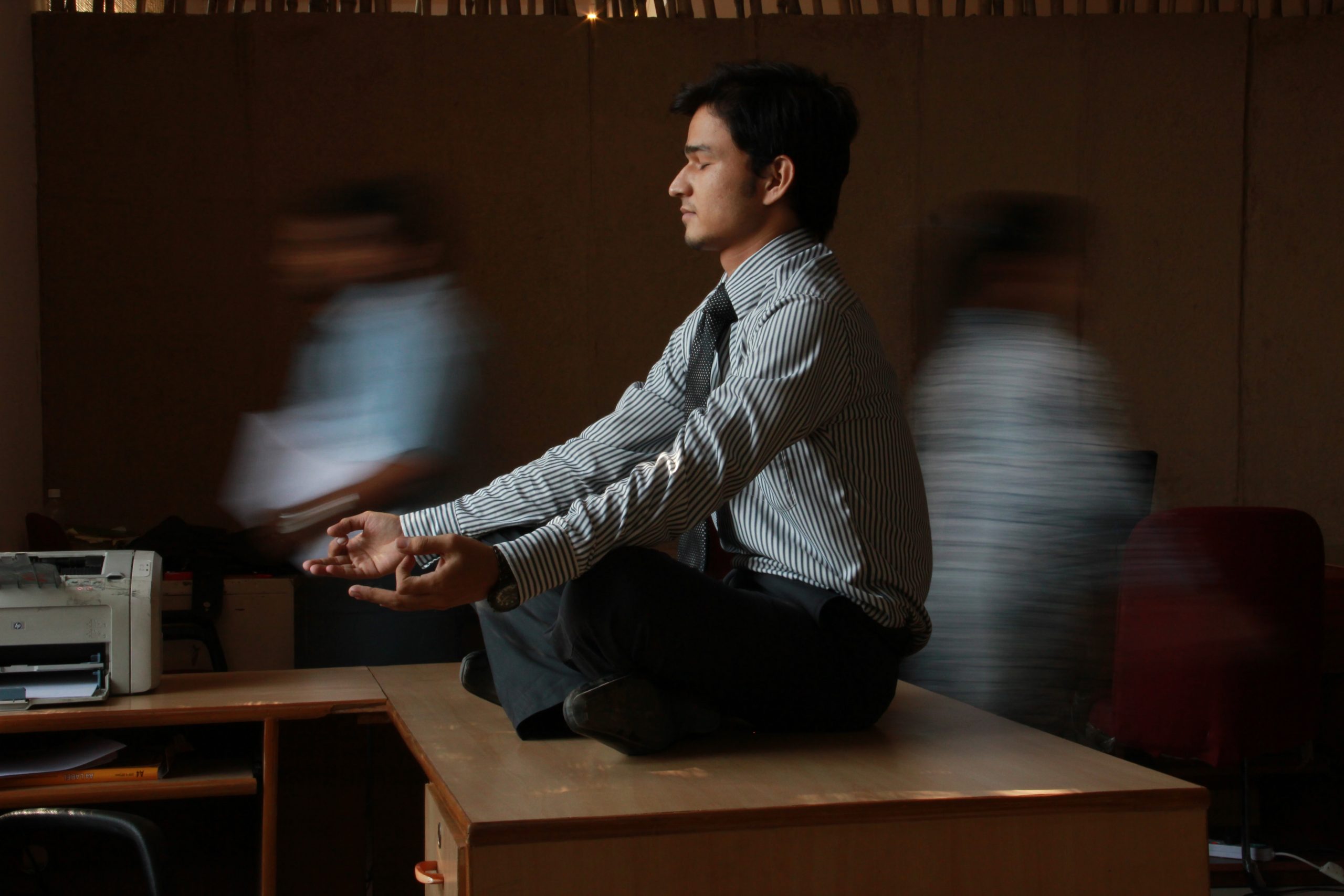Workplace mindfulness is back on the agenda for most major organisations as they look for a sustainable, cost effective and successful approach to supporting employee mental health whilst also boosting engagement, productivity and job satisfaction.
The 2024 Burnout Report[i] highlighted that in the past year 91% of UK adults reported extreme stress, with nearly a third saying they “frequently” experienced these high levels of stress. Furthermore, 1 in 5 UK workers having taken time off work for stress in the last 12 months. This is not only detrimental to productivity, but absence through stress can also make the individual feel like they cannot cope and worsen the cycle of stress and absenteeism.
This is where mindfulness at work comes in. Mindfulness is evidence-based and offers a treasure-trove of benefits to the individual and the organisation. It can help those suffering to alleviate their stress, develop resilience and regular mindfulness practice helps alleviate personal and professional stressors before they become overwhelming.
Just some of the workplace-boosting benefits include:
Reducing stress and boosting resilience: Mindfulness reduces stress, anxiety and depression symptoms and even decreases the size of the “fight or flight” part of the brain, making people more resilient and less reactive in the face of stressors. This is essential for employee mental health whilst also helping reduce absenteeism and presenteeism as well as bolstering engagement and productivity at work, even in challenging and stressful times.
Improvements in focus, memory and problem-solving skills: People who regularly engage in mindfulness practice show consistent improvements in concentration and memory function, skills that are undermined by stress and burnout. These improvements enhance problem-solving skills and are key to individual performance in the workplace, helping employees engage and produce creative responses to challenges posed by work.
Improved Decision-Making Skills: Making difficult decisions is an essential workplace skill, one that is enhanced by mindfulness. People who practice mindfulness report improved confidence in decision-making whilst further research highlighted that it helps employees be more methodical in their approach to challenges and gathering information in order to make decisions. Regular meditators are also more willing to accept feedback about their decisions rather than interpreting it as criticism.
Increased commitment and satisfaction at work: Research has shown that mindfulness practice contributes to people being able to follow tasks to completion and with fewer errors. Also, satisfaction in the workplace tends to be higher among mindfulness practitioners, brining benefits for the individual and organisation.
Enhanced Emotional Intelligence and Communication Skills: Repeatedly studies into mindfulness show that it improves social relationships, reducing conflict and enhancing empathy for others. Employees who practice mindfulness are more reflexive in their responses and have better interpersonal relationships with colleagues, things that organisations rely on to function effectively.
Happier Workers: A regular mindfulness practice brings a host of health benefits including better sleep, improved physical health and improved immune response. People who have improved health tend to cooperate better with others, be calmer and are more likely to be settled and happy in the workplace.
With all these benefits, do not be the organisation that gets left behind. In-house or online mindfulness sessions, courses and workshops are an excellent way to bring mindfulness and its resultant benefits into the workplace. You have nothing to lose but so much to gain if you do.
For more information see our Mindfulness Services
Getting Started
[i] https://euc7zxtct58.exactdn.com/wp-content/uploads/2024/01/19145241/Mental-Health-UK_The-Burnout-Report-2024.pdf



